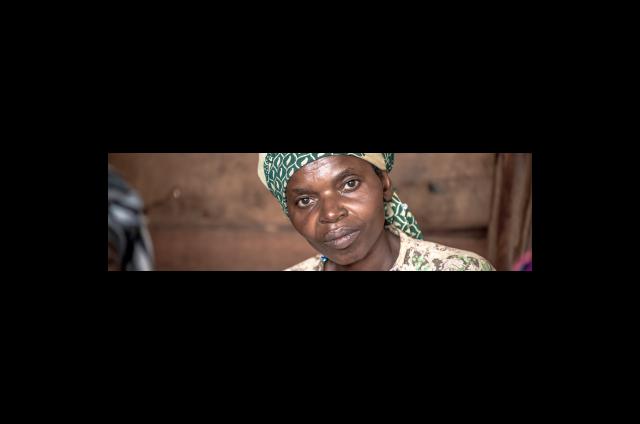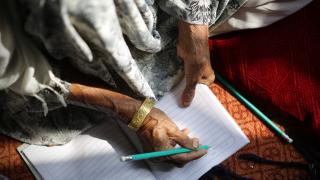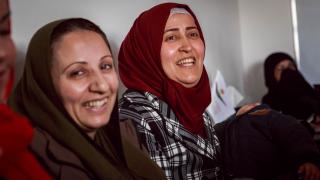Agenda for Action
The year 2020 was set to be a critical moment for women’s rights and gender equality, with an unprecedented number of political milestones, bringing much needed focus on bolder actions that challenge the status quo and deliver on commitments for all women.
Due to COVID-19, many of these global gatherings are currently on hold – meanwhile, the pandemic is amplifying gender inequalities and power disparities. Poverty, insecurity and gender-based violence are spiraling. And those who are already unheard and unseen will be disproportionately impacted.
Our Agenda for Action is more relevant and urgent now than ever. Were the international community to action these recommendations, it would set a pathway for a more just, resilient and equitable world.
70%
264 million
0
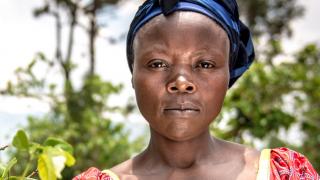
We desire for the next generation to live in peace, with no conflict, with fair inheritance and taxes for girls and boys. May we all have the same rights with no discrimination of sex and equal chances for men and women.
Agenda for Action: COVID-19 briefing
subtitle:
Drawing from our Agenda for Action, insights and experiences, this briefing highlights how the existing, long-term challenges we face as a global community are exacerbated in times of crisis – and, as with all crises, the impacts of COVID-19 are deeply gendered.
Agenda for Action: Policy report
subtitle:
Our policy report provides detailed analysis of the challenges for marginalised women affected by conflict, the action areas that we have identified and recommendations for decision-makers and policy influencers.
Agenda for Action: Handout
subtitle:
Our handout provides an outline of why our Agenda for Action is important and how we want to create space for marginalised women to tell their stories and influence change and how you can help us to achieve this change.
Action Areas
These are the priority areas that form our Agenda for Action
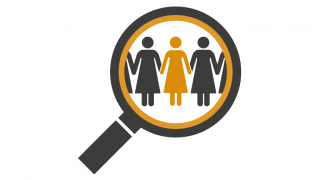
Action Area 1 Make women’s needs visible
Women have different experiences. But policy makers often treat them as one group, neglecting the unique realities of the most marginalised women. This means their specific needs are invisible and unaccounted for in key global policy agendas.
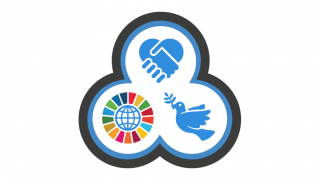
Action Area 2 Increase coordination to address women’s true realities
The work of the international community is uncoordinated between the humanitarian, development and peacebuilding sectors. This approach does not reflect the real, interconnected experiences and needs of marginalised women.
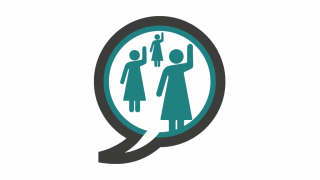
Action Area 3 Listen to women
People in power are not listening to the voices of marginalised women. Despite grand political gestures, women continue to face barriers to their participation in decisions that have a direct impact on their lives.
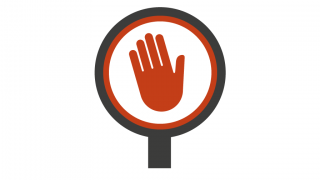
Action Area 4 Prioritise ending violence against women
Violence against women is a fundamental barrier to women’s power and rights. Despite this, international interventions do not prioritise addressing the deep-rooted causes of violence against women.
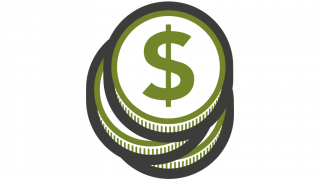
Action Area 5 Invest in and for women’s economic power
Marginalised women are faced with chronic poverty and structural barriers which prevent them from fulfilling their economic potential. But there is not enough priority and funding given to women’s economic power in fragile and conflict-affected countries.
Our Commitments
- We will highlight the reality for marginalised women and ensure that their specific needs are included and recognised in decision-making processes.
- We will build partnerships and bring together influential partners from the humanitarian, development and peace-building sectors to champion more coordination and collaboration towards delivering an agenda that works for the most marginalised women.
- We will increase the participation of women we work with in our programmes and support their participation in decision-making spaces.
- We will step up our advocacy on violence against women to raise awareness of the specific challenges faced by marginalised women and influence the delivery of interventions that meet their needs.
- We will step up our investment in women’s power to address the structural barriers that impact women’s decision-making power and access to livelihood opportunities.
Download our Agenda for Action policy report or handout to learn more about our commitments and how you can support us to deliver the changes that women from conflict affected countries urgently need.
After the programme, I know that I am a human being and have the same rights like the men in the family and community and I can be free, I have the right to choose, I have rights for work and property and when I advocate for others, I try my best to help women solve their problems
Learn More
Community Advocacy
subtitle:
Our community-led approach is championed through our grassroots advocacy, the Change Agent programme. Change Agents drive forward their self-identified priorities to achieve sustainable and long-term change.
The Global Goals
subtitle:
In 2015, world leaders agreed to 17 Global Goals to end poverty, fight inequality and stop climate change. We are concerned that marginalised women survivors of conflict are being failed by the Goals and are continuing to be left behind.
Policy and Advocacy Partnerships
subtitle:
We are stronger together. That is why we work with networks and strategic partners to greater amplify the voices of the women we work with. Explore the key networks and coalitions we participate in and some of our partnership projects.

